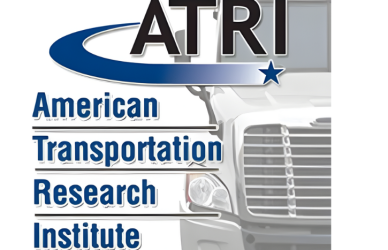A new piece of legislation in Oklahoma, effective as of Nov. 1, aims to alleviate the truck driver shortage by simplifying the administration of written commercial driver license tests.
House Bill 2750, spearheaded by State Representative Nicole Miller (R) and introduced in the Oklahoma Legislature on Feb. 6, gained crucial support from State Senator John Haste (R) and received the final approval of Governor Kevin Stitt in late April.
Under this new legislation, the authority is extended to Service Oklahoma, the state agency established last year to oversee driver licenses and motor vehicle services. This agency can now forge partnerships with third-party entities to administer the written segment of the CDL test. Moreover, it grants Service Oklahoma the discretion to conduct the CDL written examination at various public or private locations.
“The measure clarifies that local school districts, the Oklahoma Department of Career and Technology Education (DCTEA), institutions of higher education, or a private entity may hire or employ designated examiners for the Class A, B, or C driving skills portion and written portion of the test required for a driver license,” according to a summary of the legislation.
The added flexibility in third-party testing is anticipated to enhance the number of certified CDL examiners and expand the availability of locations where CDL tests can be taken. This innovation extends the reach of written tests beyond traditional avenues. It now encompasses public or private commercial truck driving schools, public transit agencies, government bodies at municipal, county, and state levels, school districts, institutions of higher education, and the Oklahoma Department of Career and Technology Education (DCTEA).
A fiscal analysis before the legislation was passed noted “an anticipated minimal revenue increase from driver license collections and a minimal cost resulting from the installation of testing terminals at these approved third-party locations.”
Remarkably, implementing this new law does not necessitate an increase in state revenues to offset any potential cost escalations. It is a strategic measure aimed at addressing the truck driver shortage by simplifying the process of CDL testing, making it more accessible, and thus fostering the growth of qualified commercial drivers in Oklahoma.
Source: Transport Topics











